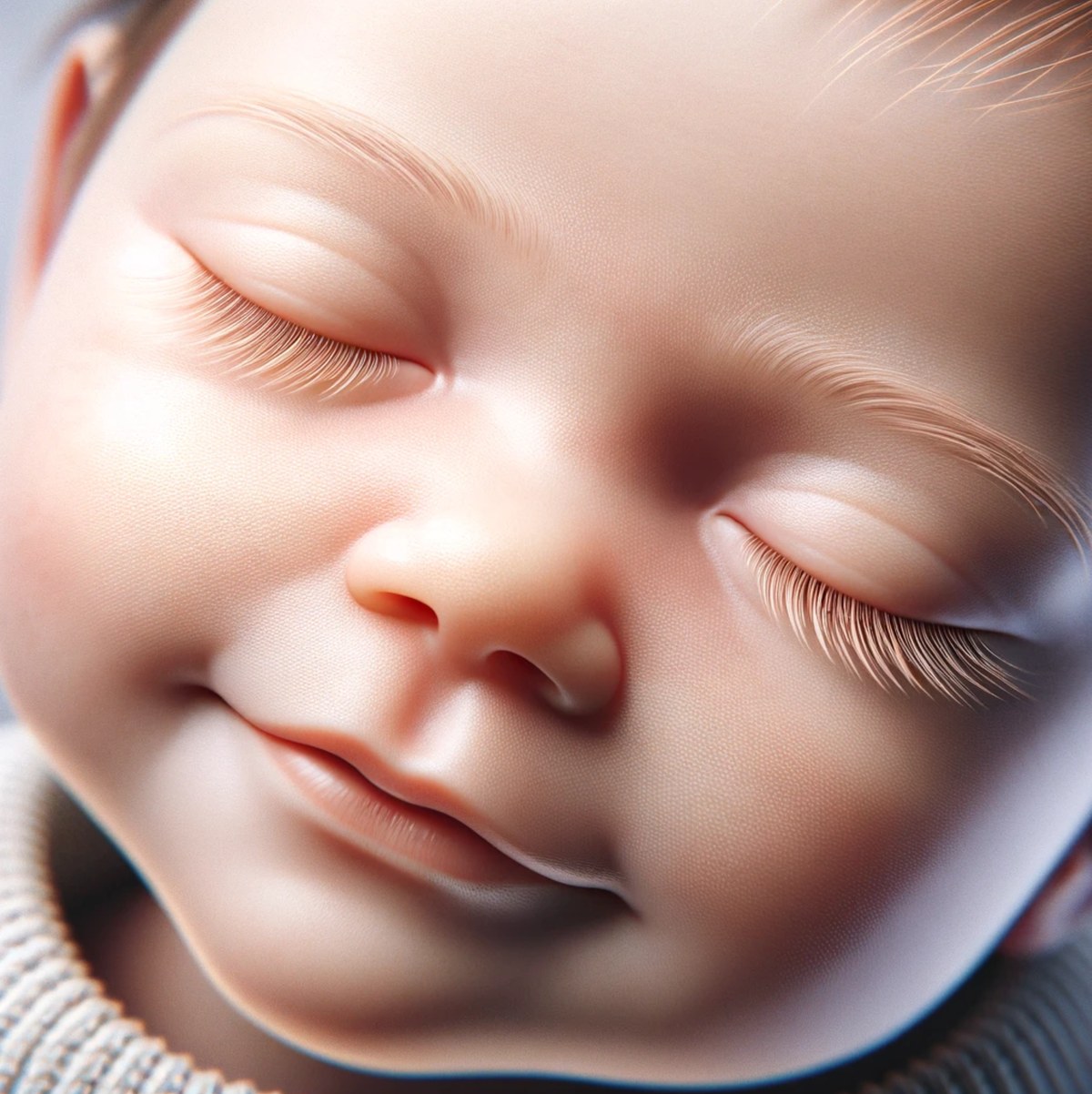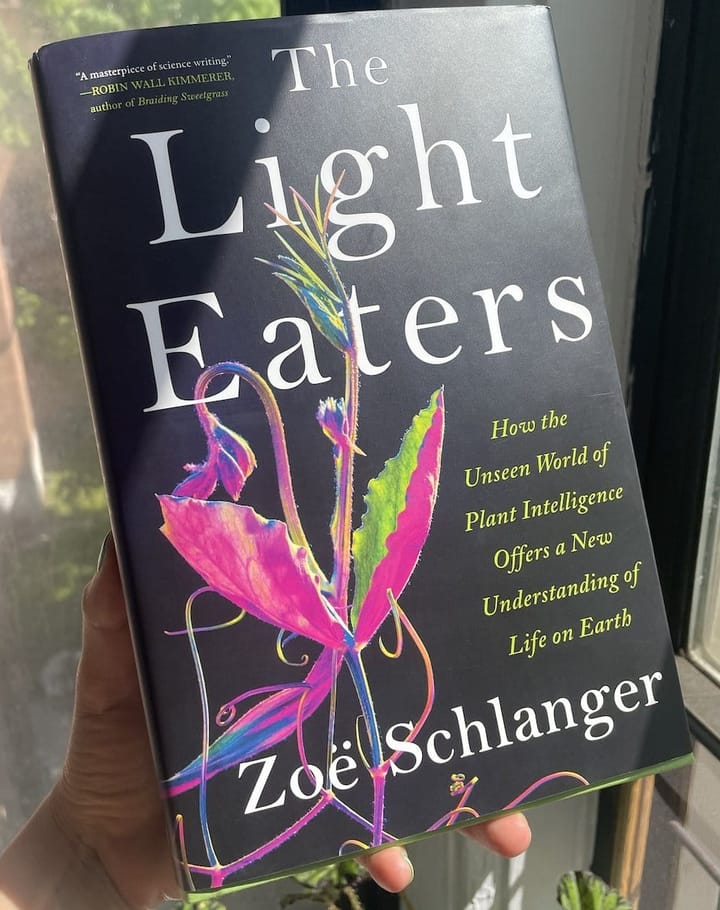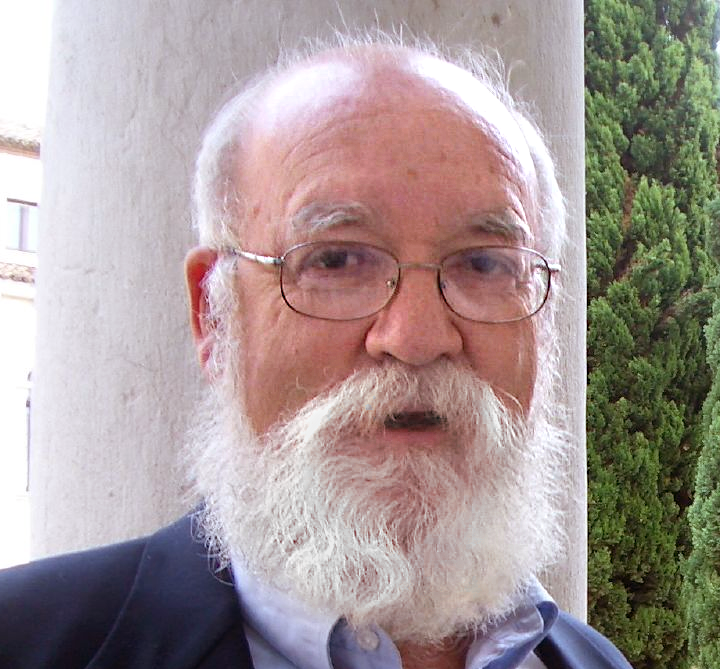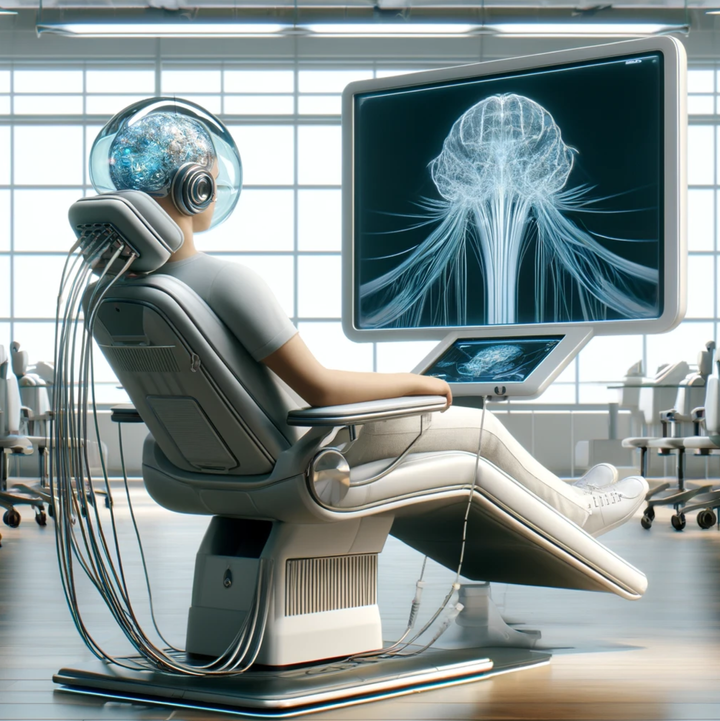When Do Babies Begin to Gain Consciousness?

Why It Matters: When does a baby become conscious? is part of a larger discussion on whether consciousness emerges or is fundamental. Emergence refers to the idea that consciousness arises from complex interactions. The title of today’s blog is taken directly from a recent series of articles about this type of research by Prof. Tim Bayne, Dr. Taylor, and Prof. Andrew Bremner. Their work subtly leans toward the theory of emergence, yet, as of now, "emergence" lacks a concrete explanation. The theory's weakness lies in its current lack of a detailed mechanism explaining how. It leaves a gap between what we observe (markers) and what we truly know about the baby's internal experience. And if consciousness is fundamental, it similarly grapples with explaining the specifics.
Challenges: Infants' inability to communicate complicates this research, leading scientists to rely on indirect markers rather than direct evidence of consciousness. And that is a shortcoming of the markers, since the research points to a broad spectrum, ranging from the womb to four years old. The hope for the researchers is to distinguish the reliable markers (that correctly indicate consciousness) from misleading ones.
Markers as Clues: Scientists use "markers" like pointing, intentional actions, and explicit memory to probe consciousness. Dr. Henry Taylor highlights these alongside joint attention, mirror self-recognition, social cue responsiveness, early Theory of Mind signs, cause-and-effect anticipation, initial language understanding, and emotional self-regulation. While these markers are not consciousness itself, they are indicators of its presence, guiding researchers in a field where direct measurement is currently impossible.
Open Questions: The definitive answer to when babies become conscious remains elusive. When do you think consciousness begins? Is a kid not conscious until he turns four? Or does it begin in the womb, and if so, when and how?


